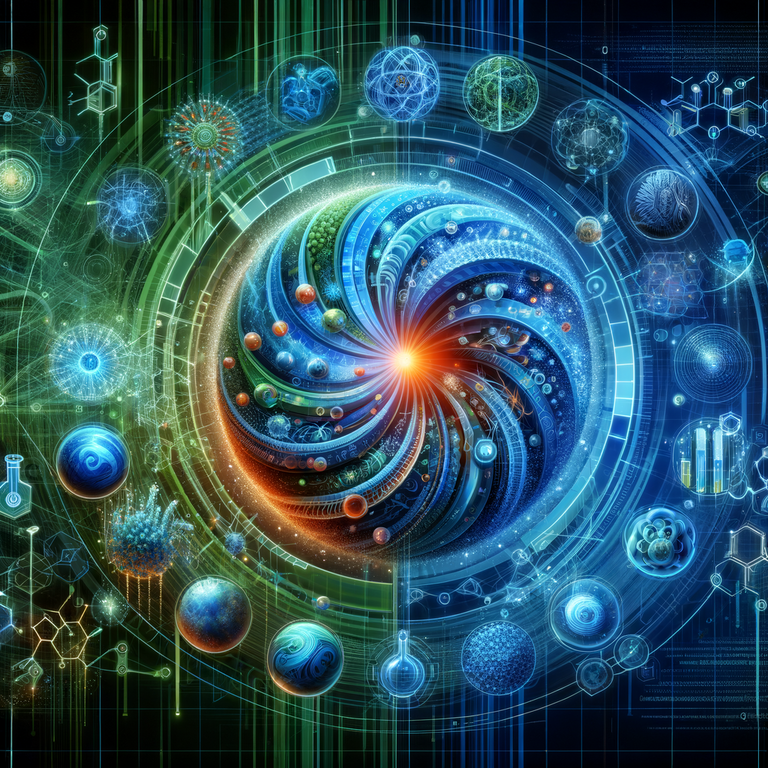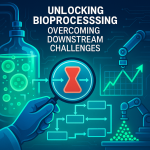📊 It discusses advancements in data analysis, enabling scientists to uncover hidden patterns.
🔍 These methods enhance discoveries in fields like genomics and medicine.
🚀 Overall, deep learning is revolutionizing scientific research, leading to better understanding and innovation.
Introduction:
The article “From Raw Data to Biological Insight” discusses how deep learning technologies are transforming data analysis in the biological sciences, enabling researchers to extract meaningful insights from large datasets and enhancing the pace of scientific discovery.
- Deep learning algorithms are increasingly being applied to analyze complex biological data, such as genetic sequences and protein structures.
- These algorithms facilitate the identification of patterns and relationships that may not be discernable through traditional analysis methods.
- The integration of machine learning in bioinformatics allows for more accurate predictions regarding gene function and disease susceptibility.
- Researchers are leveraging deep learning models to optimize drug discovery processes, which could significantly reduce the time and cost associated with bringing new therapies to market.
- The article emphasizes the importance of interdisciplinary collaboration in advancing deep learning applications in biology and suggests future research directions that could further enhance these technologies.
Conclusion:
In summary, the advancements in deep learning present tremendous opportunities for accelerating biological research and clinical applications. By continuing to refine these technologies and fostering collaboration across disciplines, the scientific community can unlock new pathways to understanding complex biological systems and improving health outcomes.



